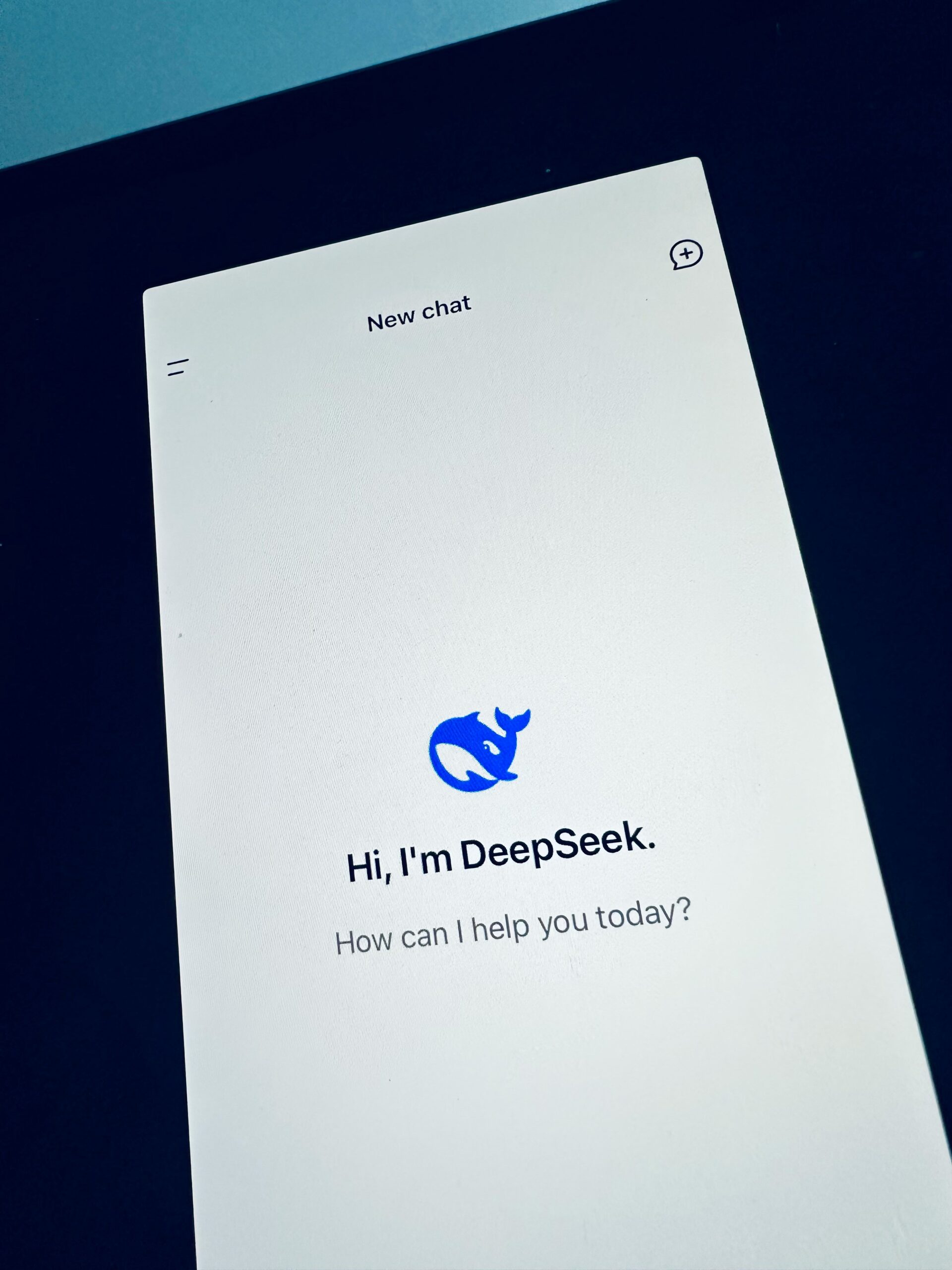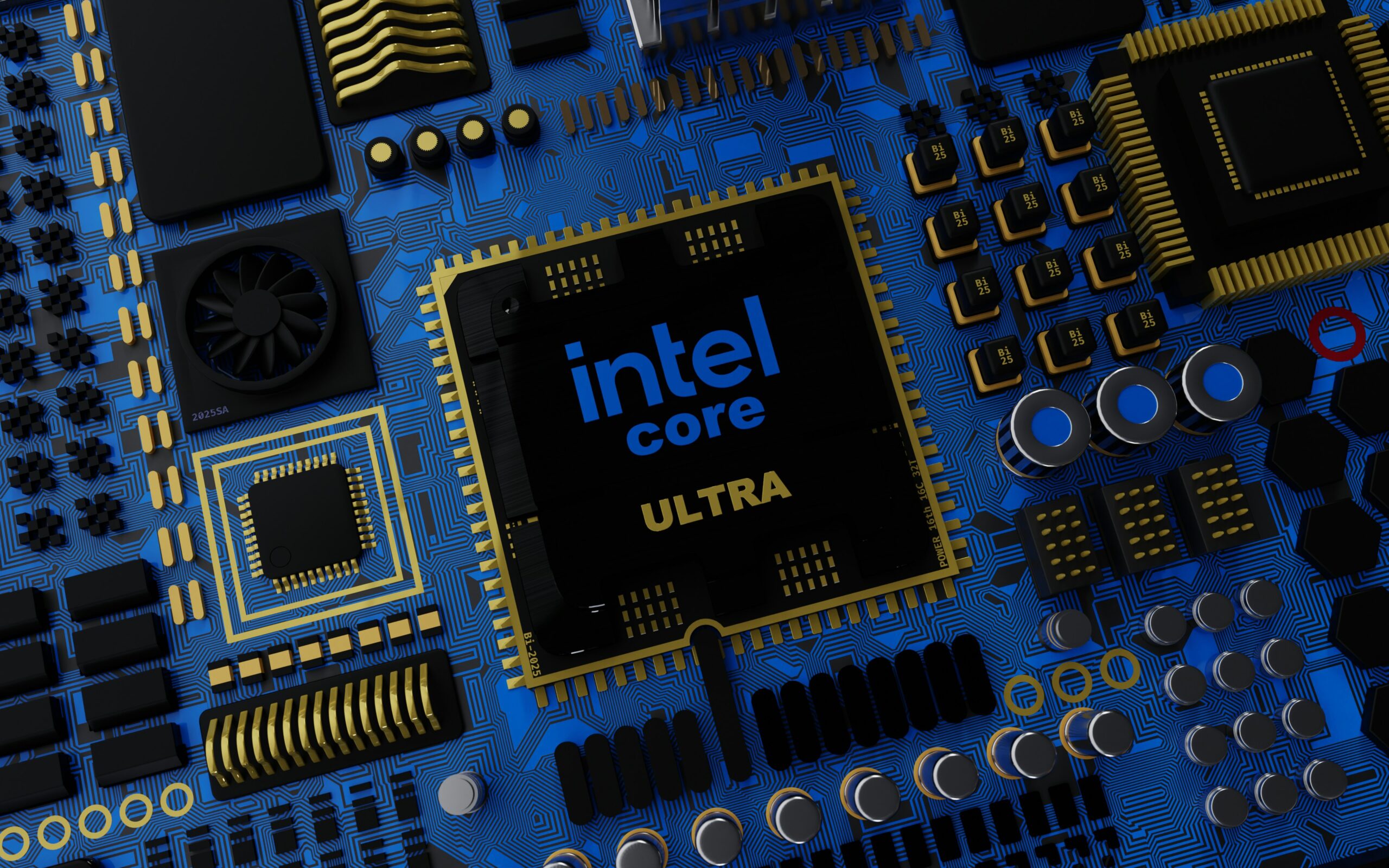Image credit: Unsplash
A Silicon Valley startup based in Palo Alto, Lamini, has recently secured a significant investment of $25 million from various investors, including renowned Stanford computer science professor Andrew Ng. Founded several years ago by Sharon Zhou and Greg Diamos, Lamini is introducing a platform designed to facilitate the deployment of generative AI technology for enterprises.
Zhou and Diamos present an intriguing proposition with Lamini. They argue that many existing generative AI platforms are too generalized, lacking the tailored solutions and infrastructure necessary to meet the specific requirements of corporations. In contrast, Lamini has been meticulously developed with enterprises in mind, prioritizing high accuracy and scalability in generative AI.
CEO Sharon Zhou emphasizes that the primary objective for most CEOs, CIOs, and CTOs is to leverage generative AI effectively within their organizations while maximizing return on investment. However, despite widespread experimentation, only a mere 9% of organizations have widely adopted generative AI, according to a recent poll by MIT Insights. The top challenges hindering adoption range from inadequate IT infrastructure and capabilities to governance issues, skill shortages, and high implementation costs. Security concerns, notably highlighted in a survey by Insight Enterprises, are also significant barriers to leveraging generative AI technology.
In response to these challenges, Lamini has positioned itself as a solution provider. Zhou asserts that every aspect of Lamini’s technology stack has been fine-tuned for enterprise-scale generative AI workloads, from hardware to software, including engines supporting model orchestration, fine-tuning, running, and training. One unique feature introduced by Lamini is what Zhou terms “memory tuning,” a technique aimed at enhancing model precision by training it on proprietary data to precisely recall key information.
While the concept of “memory tuning” appears to be novel, it lacks academic substantiation. Nevertheless, Lamini offers additional advantages beyond this, including the ability to operate in highly secure environments, including air-gapped ones. The platform also allows companies to run, fine-tune, and train models across various configurations, from on-premises data centers to public and private clouds, scaling workloads elastically to meet specific demands.
Lamini’s co-founders, Zhou and Diamos, boast significant experience in the AI space, having crossed paths with Ng in the past. Zhou, a former faculty member at Stanford, spearheaded a research group focused on generative AI before joining Lamini. Diamos, on the other hand, co-founded MLCommons and led AI research at Baidu, collaborating with Ng during his tenure as chief scientist. Their industry connections have undoubtedly played a role in attracting investments from prominent figures such as Ng and business leaders like Dylan Field and Drew Houston.
The startup’s traction is evident, with early adopters including notable names like AMD (through AMD Ventures), AngelList, and NordicTrack, alongside undisclosed government agencies. Lamini’s current focus lies in scaling its operations, expanding its team, and further enhancing its platform’s technical capabilities to meet the growing demand for generative AI solutions in the enterprise sector.
While Lamini faces competition from established players like Google, AWS, and Microsoft in the enterprise AI space, its unique approach tailored specifically to enterprise needs sets it apart. With substantial investment backing and a growing roster of clients, Lamini is poised to make significant strides in unlocking the potential of generative AI for enterprises worldwide.





























































































































































































































